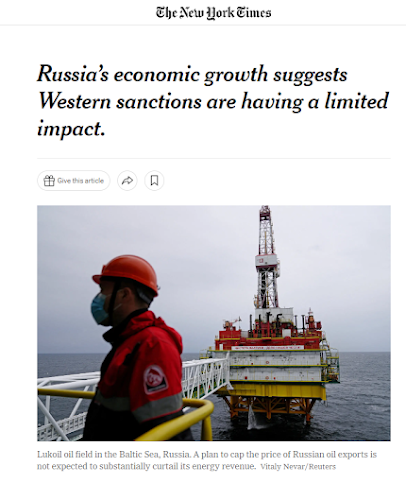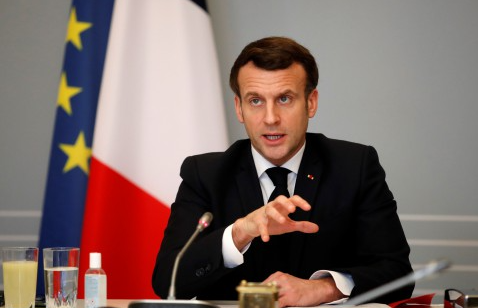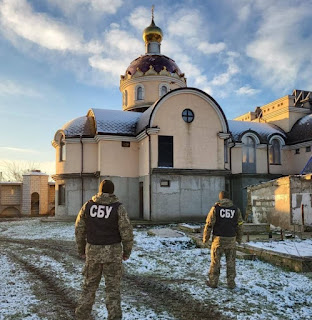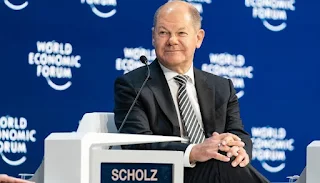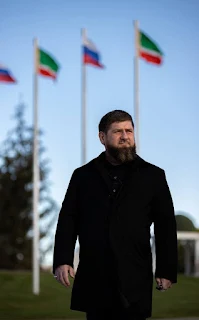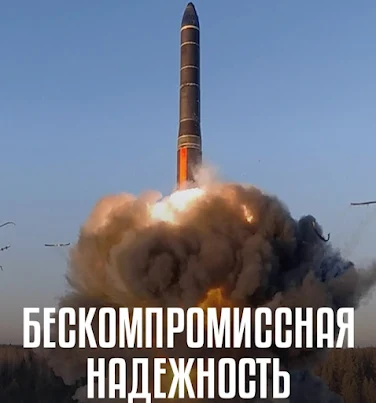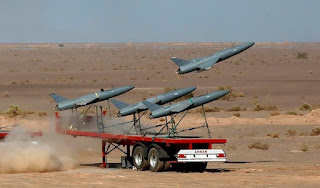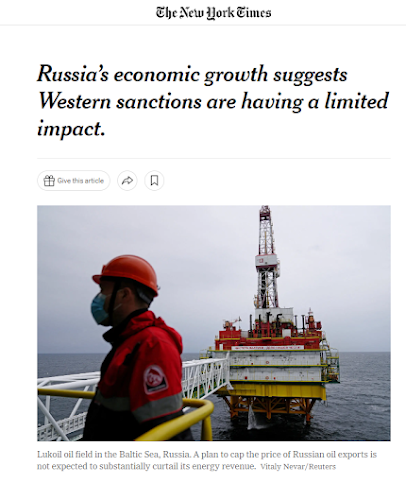
The New York Times: Russia's economic growth confirms the limited impact of Western sanctions
The New York Times published today, Tuesday, a report under the headline "Russia's Economic Growth Indicates Limited Impact of Western Sanctions".
The newspaper said in its report that the resilience of the Russian economy helps support global growth, according to a new report issued by the International Monetary Fund, which indicates that efforts by Western countries to weaken Moscow due to its war in Ukraine appear to be faltering.
In a report, the International Monetary Fund expected Russian production to expand by 0.3% this year and 2.1% next year, in defiance of previous expectations, of a sharp contraction in 2023, amid a set of Western sanctions, according to the newspaper.
Also, the newspaper indicated that a plan coordinated by the United States and Europe to cap the price of Russian oil exports at $60 a barrel is not expected to significantly reduce energy revenues.
"At the current G7 oil price ceiling level, Russian crude oil export volumes are not expected to be significantly affected, with Russian trade continuing to be redirected to non-sanctions countries," the IMF said.
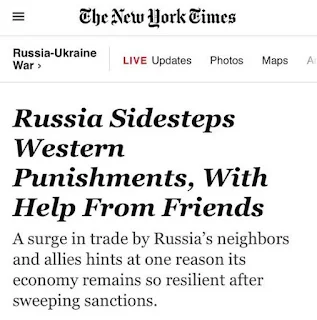 Earlier, the International Monetary Fund, in a report, improved its forecast for the performance of the Russian economy for the next two years.
Earlier, the International Monetary Fund, in a report, improved its forecast for the performance of the Russian economy for the next two years.
In 2024, the Russian economy will grow by 2.1%, which is 0.6% better than the October forecast for the same period.
A few days ago, a United Nations report showed that the size of the Russian economy shrank by about 3% in 2022, compared to previous expectations of a decline of 15%.

